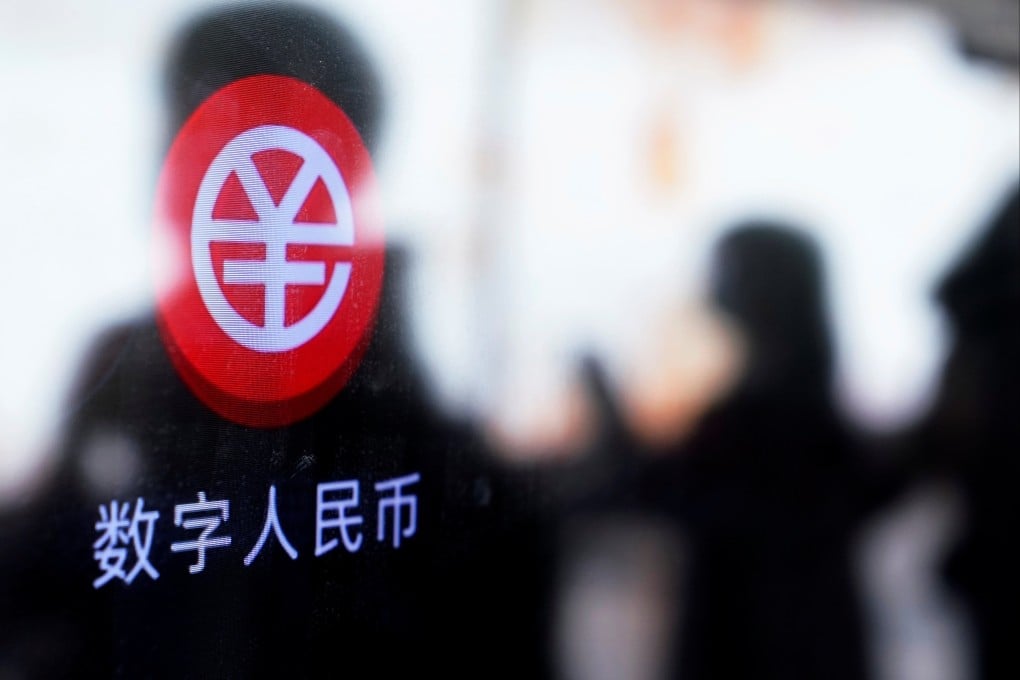China venture funding hits record US$131 billion despite crackdown, as start-ups pivot to hard tech
- Entrepreneurs and venture firms have turned away from softer internet businesses and toward hard tech like semiconductors, robotics and enterprise software
- The Chinese government is also making big bets on emerging technologies like hydrogen vehicles and biotechnology

When China’s government launched a sweeping crackdown on the technology industry over the summer, panicky venture capital investors stopped writing checks and start-up valuations began to plummet. It looked like the country’s historic innovation boom was over.
Then a strange thing happened: In just a matter of weeks, the start-up machine kicked back into gear. In fact, venture capital investments in China reached US$130.6 billion for 2021, according to the research firm Preqin. That set a record for the country – about 50 per cent higher than the US$86.7 billion total the year before.
The performance is stunning given the devastation wrought on the industry’s marquee players. Alibaba Group Holding, Tencent Holdings, ByteDance and ride-hailing provider Didi Global were all battered in turn over the past few months. The entire online tutoring sector, once a hotspot for venture dollars, was forced to turn non-profit. (Alibaba owns the South China Morning Post).
Yet entrepreneurs and venture firms pivoted to new opportunities with startling speed. They have turned away from softer internet businesses and toward hard-core technologies like semiconductors, robotics and enterprise software. The amount of money going into biotechnology hit US$14.1 billion last year, up tenfold from 2016.
“Investors’ appetite for China tech remains intact. What has changed, however, is where they park their money,” says Jiang Jingjing, a lawyer who specialises in fundraisings at King & Wood Mallesons in Hong Kong. “It has become quite clear that more and more funding has flowed to start-ups with cutting-edge technology.”
China is still well behind Silicon Valley in venture investing overall. The US reached its own record of US$296.6 billion last year, more than twice the total for China.